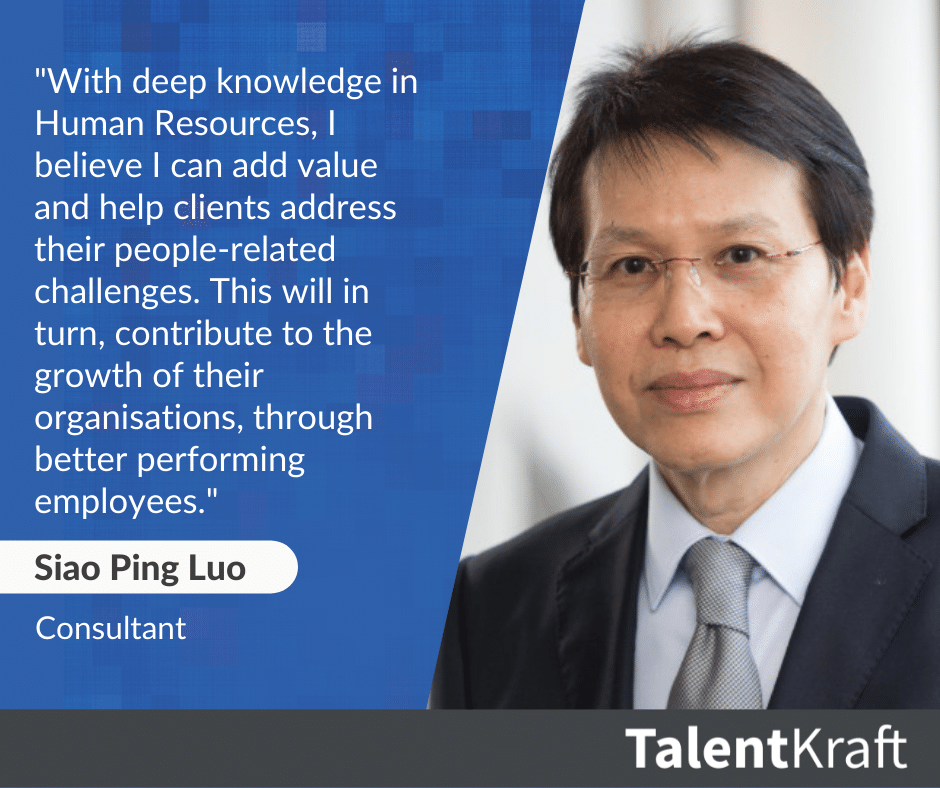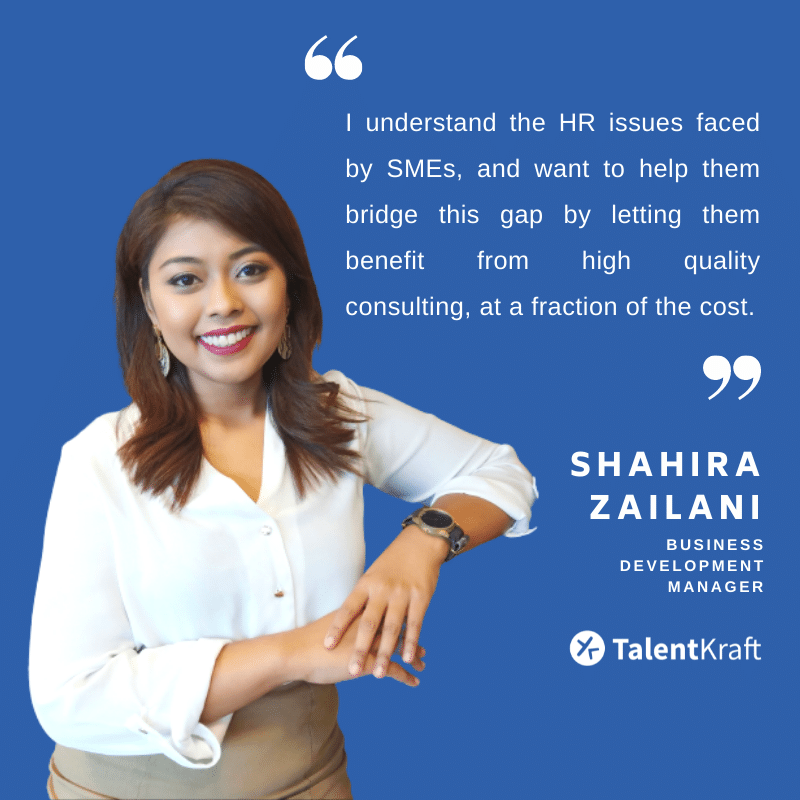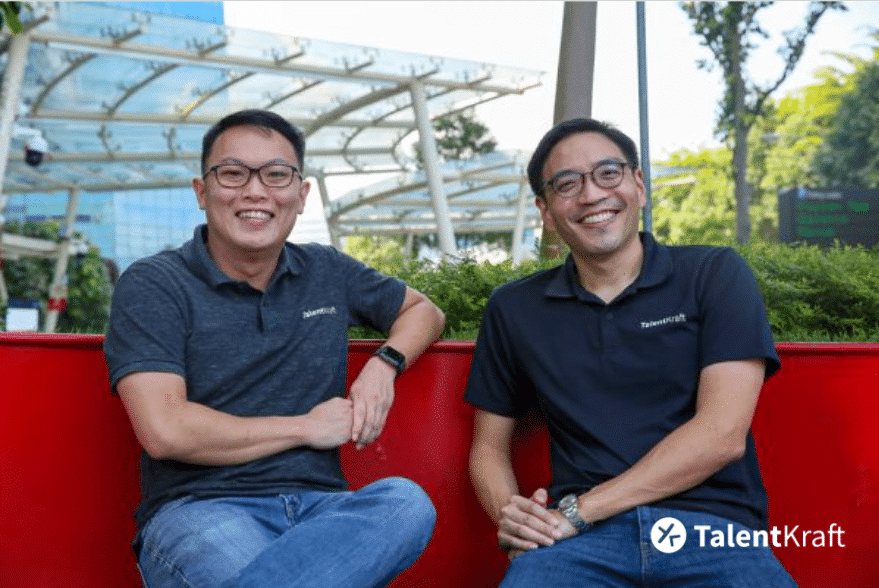Top 3 challenges faced by non-profits and how to tackle them
Turning challenges into opportunities

The challenge of having to recruit, engage, and retain talent is a daily reality for all organisations. While all organisations face similar difficulties in their Human Resource management, not all challenges are created equal, especially among non-profit organisations.
Non-profit organisations including charities, non-governmental organisations (NGOs), and Social Service Agencies (SSAs) tend to be acutely affected by talent management challenges because of additional hurdles to overcome, including scarce financial resources, lower employer brand recognition and a wider variety of stakeholders to manage.
A 2022 study by Nonprofit HR found that 31% of non-profit leaders expect their turnover rates to increase.
Yet, 72% admitted that they did not have a talent retention strategy in place.
According to the National Countil of Social Service (NCSS), Social Sector Survey 2021, 41% of Social Service Agencies (SSAs) in Singapore view HR Management as a key challenge in the next 3-5 years.
These statistics highlight how non-profits face an uphill battle when it comes to attracting and retaining talent. In this article, we explore 3 challenges commonly faced by non-profits, and how to tackle them.
1. Employer branding with limited resources
Building a strong employer brand is instrumental in helping any organisation attract talent. But it’s especially crucial for non-profits, who may not have the resources to offer large salary packages and attractive perks. Furthermore, even with funding available from government agencies like NCSS, grants must be used in a targeted and efficient manner, making a strong employer brand ever more essential. Read on here to find out more about the importance of employer branding.
In this respect, non-profits often have a leg up on counterparts in the private sector due to their cause-driven culture. 65% of employees want to work for organisations with a strong social and environmental conscience (Gartner Research, 2022). This makes a non-profit career particularly attractive due to its focus on tackling social issues and community causes.
Nevertheless, many non-profits do not capitalise on this sufficiently by using this as a key Employee Value Proposition (EVP) in its employer brand strategy. This often results in a lack of distinctiveness as an employer.

That being said, the benefits non-profits can derive from employer branding extend beyond recruiting full-time staff. They can also play a crucial role in attracting and retaining volunteers.
2. Added responsibility of volunteer management
A unique challenge faced by non-profits is the need to manage and engage volunteers, in addition to its employees, as they play a key role in the provision of services to its beneficiaries.
Large non-profits may have a person or team dedicated to volunteer administration and allocation, but small-to-medium-sized non-profits frequently delegate these duties to Human Resources. This can cause significant strain for talent management teams, who have to communicate with, track and manage volunteers, on top of the regular HR work with its full-time employees.
While this means additional administrative work, volunteers shouldn’t be seen as an unwelcome HR responsibility. They are a powerful way to leverage manpower and harness community resources with minimal cost, and can even serve as advocates for the organisation, creating a steady stream of prospective candidates. Furthermore, many of the HR practices such as employer branding can also be applied to the recruitment of volunteers as well!

Thus, recruiting and onboarding volunteers are essential to the continued success of many non-profits, and deserves careful consideration and planning.
Besides finding ways to attract and hire staff and volunteers, HR teams of non-profits also need a structured talent retention strategy in order to keep employees and volunteers engaged.
3. Insufficient career planning and performance management
People form the heart of any organisation, and even more so for non-profits. Therefore, it is extremely important for non-profits to continuously engage their employees to ensure that they are clear about potential career opportunties within the organisation and the competencies required to advance.
Unfortunately, however, in many non-profits, internal needs often take a back seat to external projects such as service delivery. Furthermore, because their priorities revolve around fulfilling social missions, non-profits often hesitate to set organisation-specific performance targets for their staff.
All this means that non-profits frequently end up failing to map out clear opportunities for employees to progress in their careers and develop professional skills that make them eligible for promotion.
When Simprints, a technological non-profit originating from Cambridge University, realised that they needed to structure their career pathways and review their performance management framework, they turned to us for tailored solutions. Working closely with Simprint’s management team and interviewing employees across the organisation, we developed a dual-track career pathway with an integrated competency framework, and revamped their performance management system to encourage employees to build on their strengths. Read on to find out more about how TalentKraft helped them to build a solid foundation for their path ahead.

Take the first step towards addressing your HR challenges
Non-profits often have strong expertise in their chosen social sphere, but struggle to balance the internal needs of its people with its social mission. In such situations, it is usually cost-effective to engage external HR consultants to assess the current sentiments on-the-ground and develop a tailor-made HR strategy that will fit your organisation’s specific needs.
If you resonate with the points mentioned, take the first step towards solving your HR challenges by gleaning data-driven insights about your team with TalentKraft’s TeamSight.
Liked this article?
Other insights...

Discovering ourselves as Gen Zs
Discovering ourselves as Gen Zs, we face unique challenges in aligning our careers with our passions. TalentKraft’s internship provided invaluable experiences, helping us define problems, explore options, and evaluate career paths. Through workshops, personality profiling, and real-world projects, we gained insights into various industries and honed our problem-solving skills. This journey has been crucial in shaping our professional growth and career decisions.

Top 3 HR challenges faced by non-profits and how to tackle them
According to LinkedIn, firms with poor employer brands could be paying as much as US$7.6 million. What exactly is an employer brand and what does it entail? And how can you improve your employer brand today to appeal to top talents?

5 ways to improve your employer brand
According to LinkedIn, firms with poor employer brands could be paying as much as US$7.6 million. What exactly is an employer brand and what does it entail? And how can you improve your employer brand today to appeal to top talents?

Talent spotlight: Meet Siao Ping Luo, HR expert & Consultant with growth mindset
With over 20 years of hands-on experience in the HR space, Siao Ping has become a leader in the Human Resources (HR) field and a consultant on people-related topics across diverse industries in the APAC region.

Talent spotlight: Our BD manager’s journey with HR
With 14 years of experience leading teams, our new Business Development Manager is no stranger to the intricacies and challenges of HR. Shahira Zailani shares her thoughts on helping companies build more effective teams!

TalentKraft helps SMEs and businesses unlock value in HR – THE BUSINESS TIMES
Part of the strategy consultant’s challenge is educating SME leaders on the importance and value of HR to their wellbeing.

